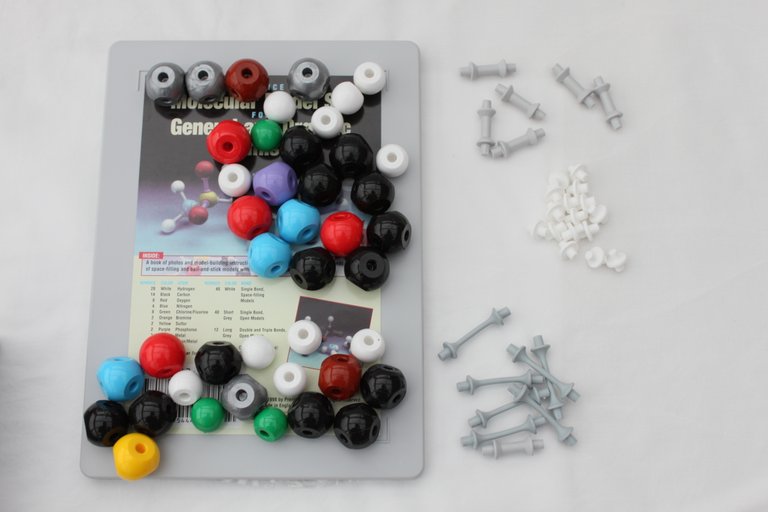When you hear the word organic, what comes to your mind? I do not know what you might call your answer because I am not a farmer and I will not use agricultural term to define organic neither am I a cosmetologist who would blend some things they are not aware of in the name of organic creams, but I am a scientist and if I want to define organic, it will be defined as anything that has carbon in them.
You heard me, I will define organic as anything with carbon in them and this is why organic chemistry can be defined as the study of carbon compounds but so many scientists will not agree with you just like I might also not agree with what I just said. Although there is no straight single definition for organic when it comes to chemistry and scientists have been looking for the right definition for it.
Before 1820, we were just living and so did we have other living neighbors but we could not say these were the chemical compounds responsible for life and how they were different from things that were not living. At this point, every living thing was regarded as organic and every non-living thing was regarded as inorganic.
It wasn't until 1828 when man-made pee became a thing. German chemist Friedrich Wohler was working on inorganic chemistry, and he combined Aluminum salt and cyanic acid which produced Urea. At this point, Urea was regarded as an organic compound since it came from living being but with the experiment and the result, the whole understanding of organic and inorganic was being questioned.
Thanks to the experiment, we have been able to learn that a lot of living beings contain carbon, carbon is that element that needs other element to stand and so it demands electrons from other atoms. Carbon has the ability to bond to four atoms at a time, but when it does so, it is creating a complex molecule such as lipid, amino acid, and sugar.
With the experiment of 1828, we have learned that not everything that has carbon is a living thing since non-living things like diamond and coal are made up of carbon. A lot of scientist still come down to the living thing way of differentiating between organic and inorganic but then this will still not be correct because substances such as Carbonate which contains carbonate ion is found in limestone and dolomite as well as mineral water but then it is regarded as organic but when it reacts with other compounds that contains carbon, it gives molecules such as Esters which are known as organic carbonate and are important in biology.
Scientists also refer to oxides as being inorganic such as carbon dioxide, and their argument is that for a compound to be organic, it needs to be complex and its chain long but CO2 isn't long. Some other chemist argue that for a compound to be referred to as organic, it must have a covalent bond where two atoms share electron between carbon and another element. Some scientists will also mention that organic must contain carbon and hydrogen bond but this will remove Urea from the definition which is referred to as organic.
For now, scientists are still learning about what organic is, and for now, which ever side of the spectrum you fall under. just know that you are right and we are still working on getting a definite answer to what we refer to as organic and inorganic.
https://study.com/academy/lesson/comparing-inorganic-organic-compounds
https://chem.libretexts.org/Bookshelves/General_Chemistry/Map%3A_General_Chemistry
https://chem.libretexts.org/Bookshelves/Organic_Chemistry/Supplementa
https://chem.libretexts.org/Courses/Sacramento_City_College
https://www.sciencedirect.com/topics/biochemistry-genetics
https://wou.edu/chemistry/courses/online-chemistry-textbooks/ch103
https://www.snexplores.org/article/scientists-say-inorganic
https://study.com/academy/lesson/friedrich-wohlers-synthesis-of-urea-mechanism-experiment.html
https://www.acs.org/careers/chemical-sciences/areas/inorganic-chemistry.html
https://study.com/academy/lesson/inorganic-carbon-compounds-definition-examples.html
https://www.sciencedirect.com/topics/earth-and-planetary-sciences/inorganic-chemistry


Thanks for your contribution to the STEMsocial community. Feel free to join us on discord to get to know the rest of us!
Please consider delegating to the @stemsocial account (85% of the curation rewards are returned).
Thanks for including @stemsocial as a beneficiary, which gives you stronger support.